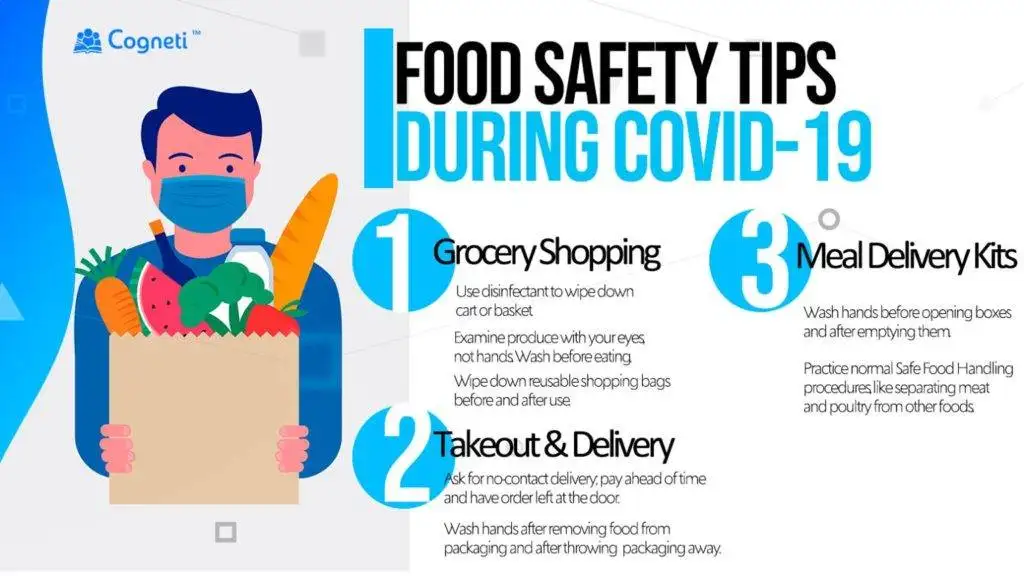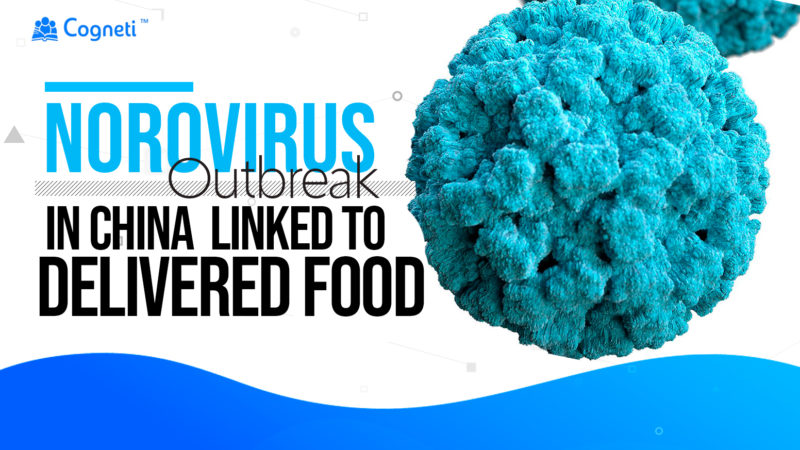We all are aware of the importance of
California food handler cards in this food industry. Are you looking forward to making your presence in this dynamic industry? Securing a food handler certificate in California is the stepping stone in this direction.
Why get a food handlers certificate in the first place? Getting this certificate not only proves that you meet the legal requirements but also shows your dedication and interest in food security and public health. The present blog is an attempt to simply explain the process of getting a food handler certificate in California. So, let us explore!
What is the Significance of the California Food Handler Card?
Before we learn about these steps, let us understand the significance of the California food handler card. An individual who secures this certification confirms that they have successfully completed the food safety training program from the California Department of Public Health. Not just that, it showcases that the individual has an understanding of food safety fundamentals and can exceptionally handle food safety in professional settings.
When we look at the scenario in California, the food service industry follows a lot of strict rules and regulations. The primary aim of these regulations is to protect public health and set a strict standard of food safety and public health. Therefore, someone who commits to upholding these standards and ensuring the well-being of consumers.
Understanding The Steps to Obtain Your California Food Handler Card
The following are the steps that one should keep in consideration when seeking the California food handler card:
Eligibility Requirements
The first thing that you should always keep in consideration is the age criteria. An individual needs to be at least 15 years old. Once you reach that age, generally, the individual possesses the maturity to handle food safely and responsibly.
At Cogneti now access the
Safe Food Handler Program in Spanish, Chinese, and various other languages! Enhance your food safety knowledge and skills in your preferred language. Start your training journey today for a safer culinary environment
Selecting an Approved Training Provider
It is one of the significant steps that will play a decisive role in how easily you get the food handler certificate in California. Make sure that you choose an accredited training provider that the government has recognized. The California Department of Public Health recommends that the training providers be certified by the American National Accreditation Board (ANAB).
This accreditation proves that the training program meets the rigorous standards and provides detailed and comprehensive training to individuals about food safety. How do you identify a professional trainer? Well, there are some factors that you can always keep in consideration. These factors include reputation, course offerings, and accessibility. In addition, look for trainers who are offering training programs in diverse languages. Therefore, select an institute that covers all required topics outlined by state regulations, including food safety practices, hygiene, and proper handling procedures.
Joining the Course
Now that you have selected a training provider, it is time to enroll in the course. Several providers deliver online courses, which you can complete at your own speed. Hence, you can make your schedule and can even follow the training program part-time.
Now, you can enroll in the provider’s website and create your account. The fees cover the total expenses of training, the materials that you will read, and the examination fee required for certification.
Completing the Training
Now, after enrolling in the training curriculum, you should start with the same. What is in the training curriculum? The curriculum follows several areas, including food safety practices, hygiene, preventing foodborne illness, and proper handling procedures. The training program is designed in such a manner that it is accessible and engaging. There are several interactive aspects of the material, such as modules, videos, and quizzes. In addition, most of the courses have a duration of about 75-90 minutes.
As you complete the training, take notes on important concepts and principles. Actively participate in interactive exercises and quizzes to test your understanding of the material. In addition, do not hesitate to reach out to your training provider if you have any questions or need clarification on specific topics.
Passing the Exam
Once you complete the training and studying process, the next step is to attempt the exam and pass it. Usually, the pattern of the test will be more like multiple-choice questions. Typically, the questions can be around 40 in number, and you have to score at least 70% or higher to get a California food handler card. Note that you have unlimited attempts on several platforms. In addition, you also do not have to pay any additional fee or cost if you do not pass the same on the first attempt.
Receive the Certificate
Upon successfully passing the exam, you will receive your California Food Handler Card. Thus, you will have the option to download, print, or order a physical copy of your certificate. This certificate is valid for three years and serves as evidence of your commitment to food safety and your readiness to work in the food service industry.
Obtaining a food handler certificate for California is not just about meeting legal requirements; it is a testament to your dedication to food safety and public health. By completing the training program and passing the exam, you demonstrate your understanding of food safety fundamentals and your ability to handle food safely in professional settings.
With the certification valid for three years, you not only equip yourself for opportunities in the dynamic food industry but also contribute to maintaining the high standards of food safety and public health in California. So, take the first step towards your career goals by securing your California food handler card today!
To know about
Safe Food Handler Program for other states, please visit
Cogneti.com.







